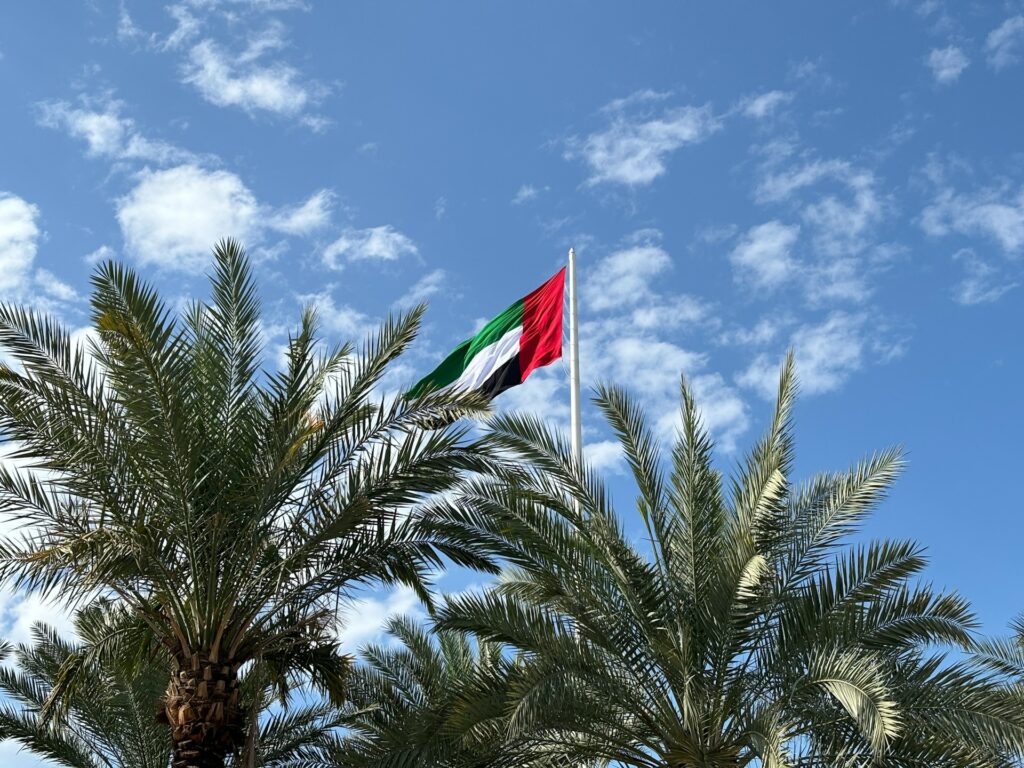United Arab Emirates- The UAE Ministry of Finance recently announced that the UAE Cabinet has approved a comprehensive manual on Public-Private Partnerships (PPP). This initiative aims to streamline the implementation of joint projects between federal government entities and the private sector, as part of the UAE’s broader efforts to stimulate investment and enhance economic growth through strategic collaborations.
The newly approved PPP manual provides a clear policy and procedural framework for federal entities. It outlines guidelines for designing, planning, and implementing partnership projects, ensuring transparency and clarity for all parties involved. By defining roles and responsibilities, the manual fosters a more structured and efficient approach to public-private partnerships, complying with Federal Decree-Law No. 12 of 2023.
A key feature of the manual is its detailed procedures for managing PPP contracts, covering everything from private sector proposals to market studies, value-for-money assessments, project structuring, and management. These guidelines ensure that projects are evaluated comprehensively from various aspects before selection and implementation.
Mohamed Hadi Al Hussaini, Minister of State for Financial Affairs, emphasized the importance of cooperation between the public and private sectors in promoting sustainable economic growth. He highlighted that such partnerships are essential for achieving the nation’s aspirations and enhancing the value of public spending. Al Hussaini pointed to global case studies demonstrating how PPPs can improve efficiency, service quality, and resource utilization through innovation and competition.
The UAE Ministry of Finance has identified priority sectors for the initial phase of partnership projects, including infrastructure, energy, healthcare, social services, and education. These sectors are crucial for the nation’s development and will benefit significantly from the private sector’s expertise and resources.
The manual also aims to enhance the government’s ability to leverage the financial, administrative, and technological expertise of the private sector. This collaboration is expected to bring significant social and economic benefits, promoting comprehensive prosperity for all members of society.
An important aspect of this initiative is the focus on training and qualifying federal employees to manage and operate projects. By transferring knowledge and experience from the private sector to federal entities, the manual aims to build a more capable and efficient government workforce. This step is seen as vital for implementing projects that provide substantial value in exchange for public funds.
The Ministry of Finance’s efforts to create optimal conditions for PPPs are part of a broader strategy to stimulate investment in joint projects. The manual unifies mechanisms, standards, and conditions for implementing these projects, providing a clear framework that encourages private sector participation.
Al Hussaini reiterated the Ministry’s commitment to fostering a robust partnership between the public and private sectors. He highlighted the significant role of such collaborations in the UAE’s social and economic development, aiming to promote sustainable economic growth and ensure comprehensive prosperity.
By outlining a specific framework for organizing and implementing partnership projects, the PPP manual represents a practical step forward. It is an open invitation for active participation and positive contribution from the private sector in supporting the UAE’s strategic projects and national economy.
In collaboration with strategic partners, the Ministry aims to build and manage integrated and effective strategies. This effort will enhance cooperation and dialogue between the public and private sectors, contributing to various aspects of economic activity and ensuring government efficiency and flexibility.
The approval of the PPP manual marks a significant milestone in the UAE’s journey towards sustainable development. It reflects the nation’s commitment to leveraging public-private partnerships to achieve its developmental goals, fostering innovation, and driving economic growth. The Ministry of Finance’s initiative is expected to set a benchmark for other countries aiming to enhance their PPP frameworks and stimulate economic progress.





